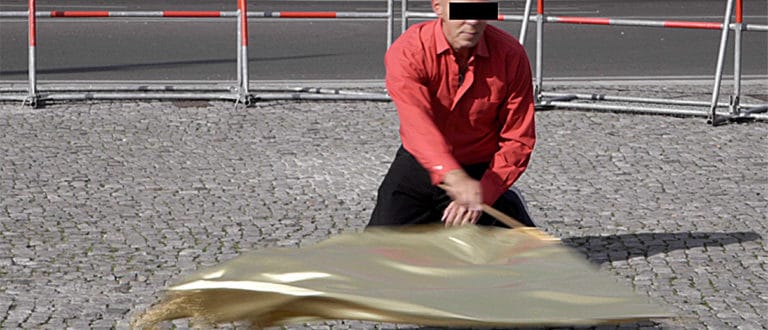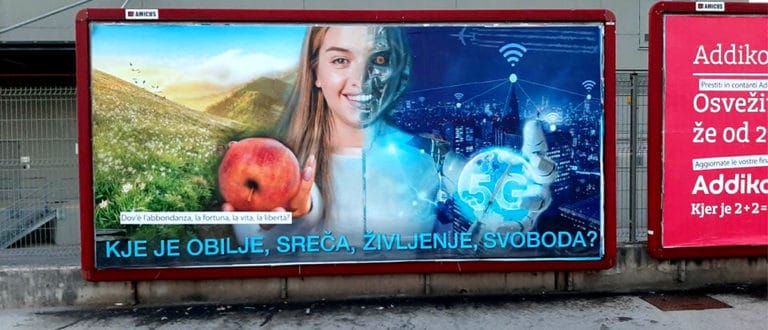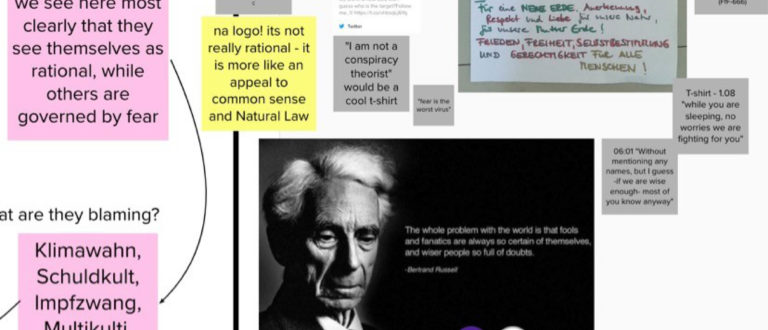
Share this:
Conspiracy Theory as Historical Materialism
Online Presentation
22/10/20 4pm
Free


Join Baruch Gottlieb and Steph Holl-Trieu from the Research Institute for Technical Aesthetics (RITA) as they present their latest research into why people follow conspiracy theories, and suggest the transformative potential of taking the motivations of their followers more seriously.
The 2016 US election results sent shock waves through the establishment, but only because they had not been paying attention. For Slavoj Zizek, those who voted for Trump were akin to Jacques Lacan’s figure of the hysteric.
In this context, the hysteric is not permitted to address the grievance they consider responsible for their distress. The researchers of RITA propose that conspiracy theories are a legitimate form of intellectual activity—a form of dissent against an illegitimate but powerful, monolithic orthodoxy.
RITA present their findings on this growing phenomenon. They suggest that legitimising the paranoia associated with conspiracy theories could help redirect the intelligence and creativity invested in them towards social and economic emancipation.
Initiated by Baruch Gottlieb, with students from the University of Arts, Berlin, the Research Institute of Technical Aesthetics (RITA) is concerned with how we refocus the current interest in conspiracy theories.
Baruch Gottlieb is a Canada-born media artist and a member of the Telekommunisten Arts Collective. As an artist, curator and researcher, he explores navigable fiction and documentary, data aesthetics and the industrial production of media and information. Gottlieb is based in Berlin, lectures at the Studium Generale of the University of Arts, Berlin, and is Director of Special Projects at West Den Haag.
Steph Holl-Trieu is a researcher with a special interest in digital materialism, ecology and technical aesthetics. She works a curator at the project space Ashley in Berlin and is currently mid-transit between her postgraduate degrees in Communications at the University of Arts Berlin and Critical Studies at the Academy of Fine Arts in Vienna.
Image 1: Research Institute for Technical Aesthetics, Hygiene Demo, 2020. Film Still. Courtesy of Research Institute for Technical Aesthetics.
Image 2: Make a Choice, 2020. Courtesy of Can Kurucu.
Image 3: Research Institute for Technical Aesthetics, Workshop, 2020. Collage. Courtesy of Research Institute for Technical Aesthetics.
Image (square): Trojan, meme. Courtesy of Research Institute for Technical Aesthetics.
Share this:
Venue
- United Kingdom